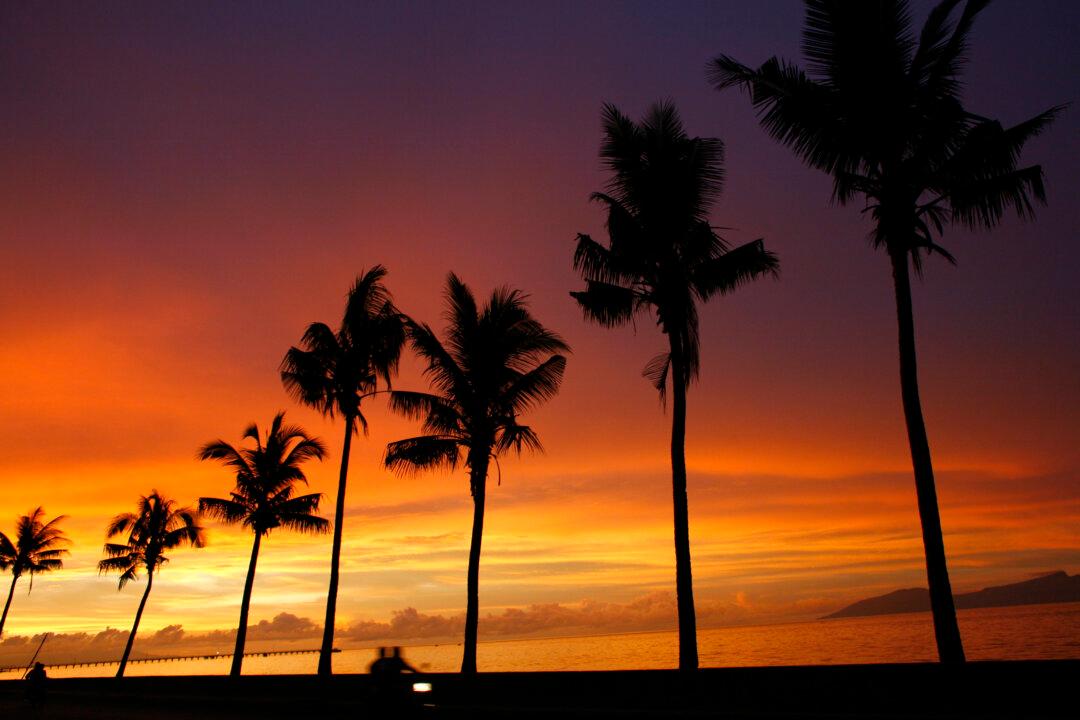East Timor President Jose Ramas-Horta is using China as a bargaining chip in negotiations with the Australian government over the construction of a gas pipeline from the resource-heavy Timor Sea.
The president said his country would be happy to enlist China’s help to facilitate the development of the pipeline from the Greater Sunrise gas fields project if Australia’s Woodside Energy sticks to its preference to direct gas through the northern Australian city of Darwin.




